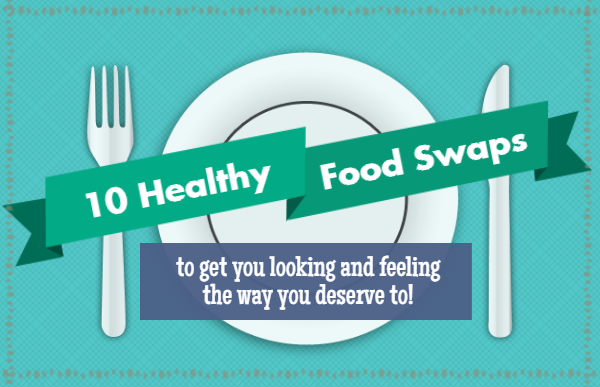Why Wild Caught Salmon is Best

If you’re a health conscious person (and even if you’re not) I’m sure you’ve heard about the benefits of consuming more fish on a regular basis. Japanese and Mediterranean diets, which both include a great deal of seafood, seem to grow people who generally have lower risk of heart disease, longer life-span, and overall good health. By our reductionist approach, we have attributed this health benefit to the occurrence of Omega-3 fatty acids found naturally in fish, and especially high in fatty fish such as salmon. So we have concluded that eating salmon is good for us, but is that the end of the story?
As more and more people learn that by simply including this delicious fish into their diets they can live to 100 without dropping dead of a heart attack, sales of salmon have soared astronomically. And when demand is high, companies look to how they can produce more of a product, faster and cheaper. The solution for large-scale food producers is to farm salmon (that term alone personally conjures Dr. Seuss images of fish growing on trees somewhere). Farmed salmon is the fastest growing food production system in the world, accounting for 70% of the salmon sold worldwide. What does that mean? Unless the salmon you are buying is labeled as “Wild Caught”, “Alaskan”, or “Sockeye” you are purchasing fish raised by fish-farming practices. So is that really such a bad thing? Is there a reason wild caught salmon is best? Continue reading
